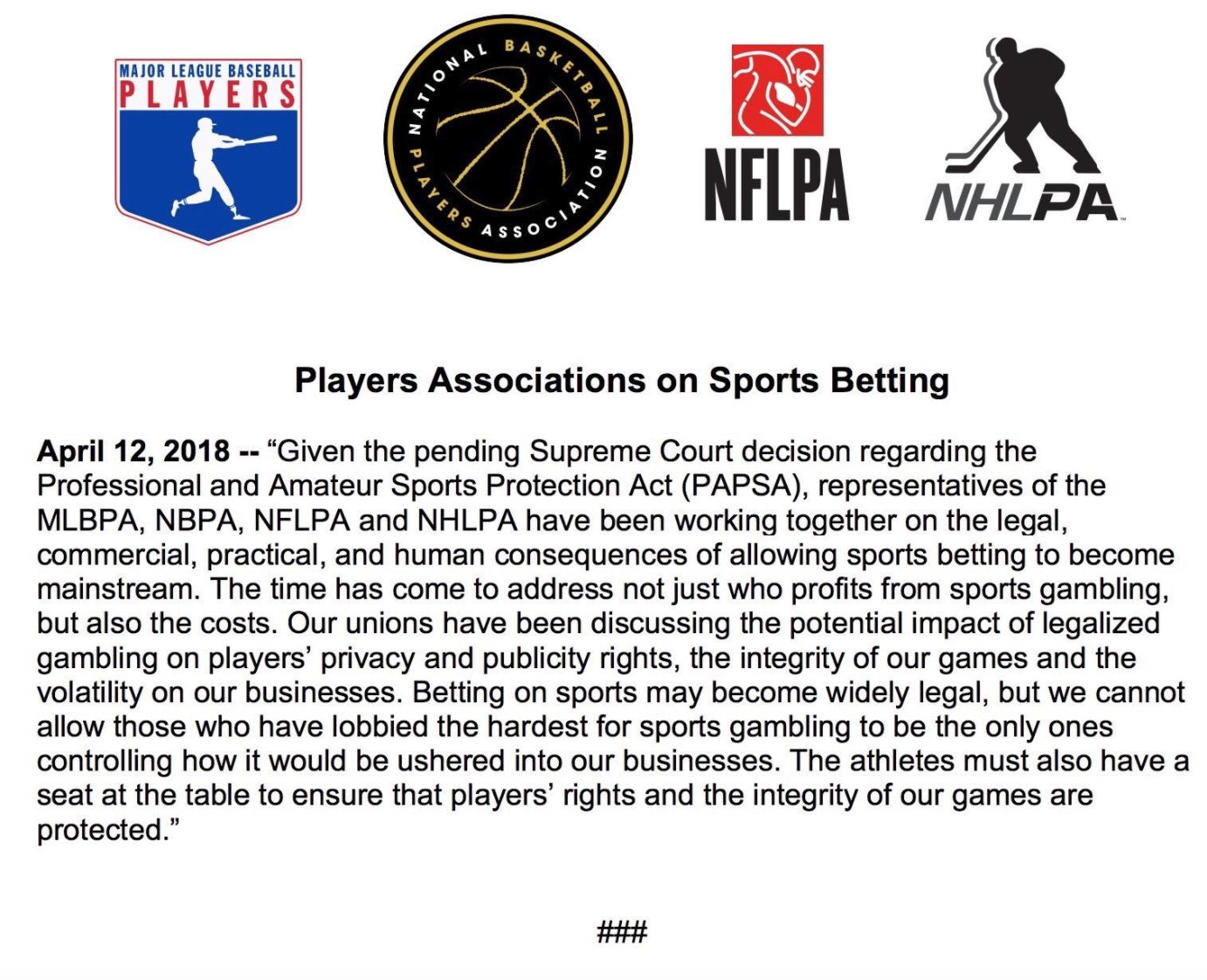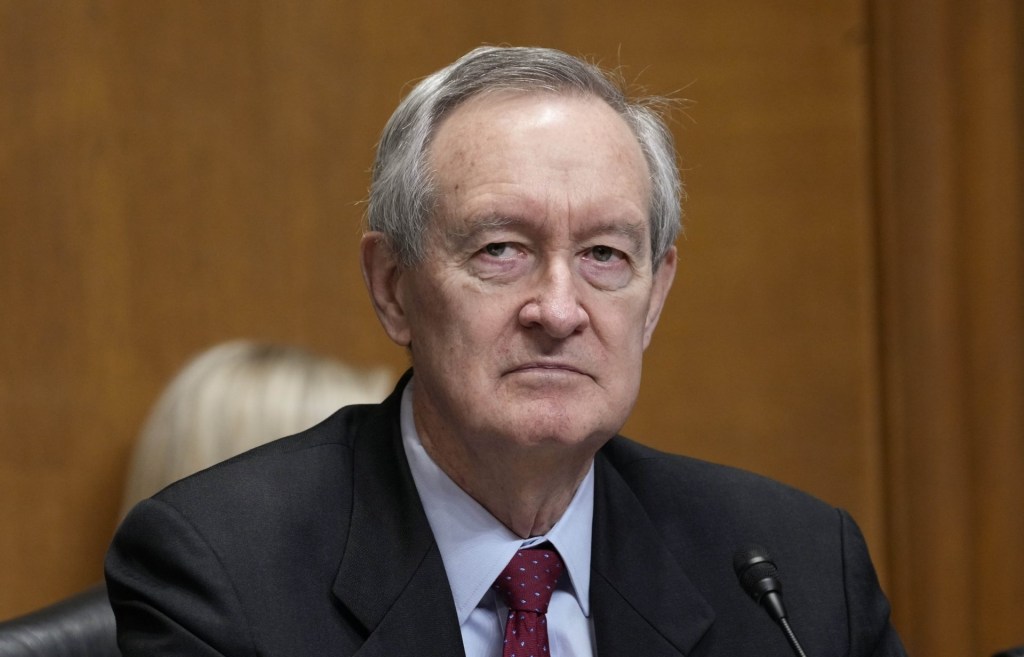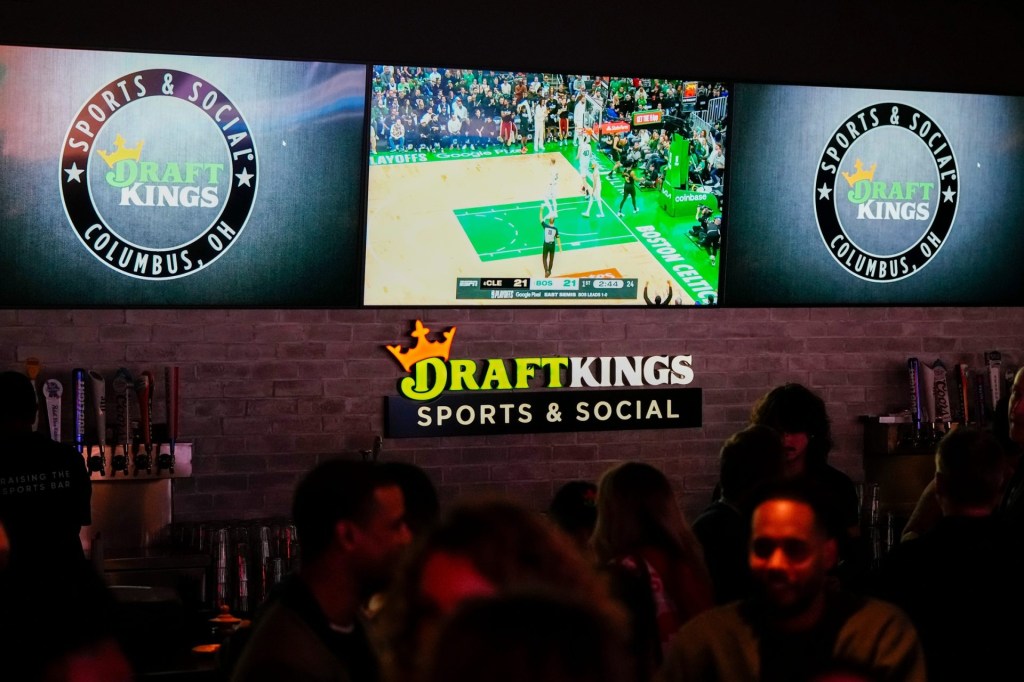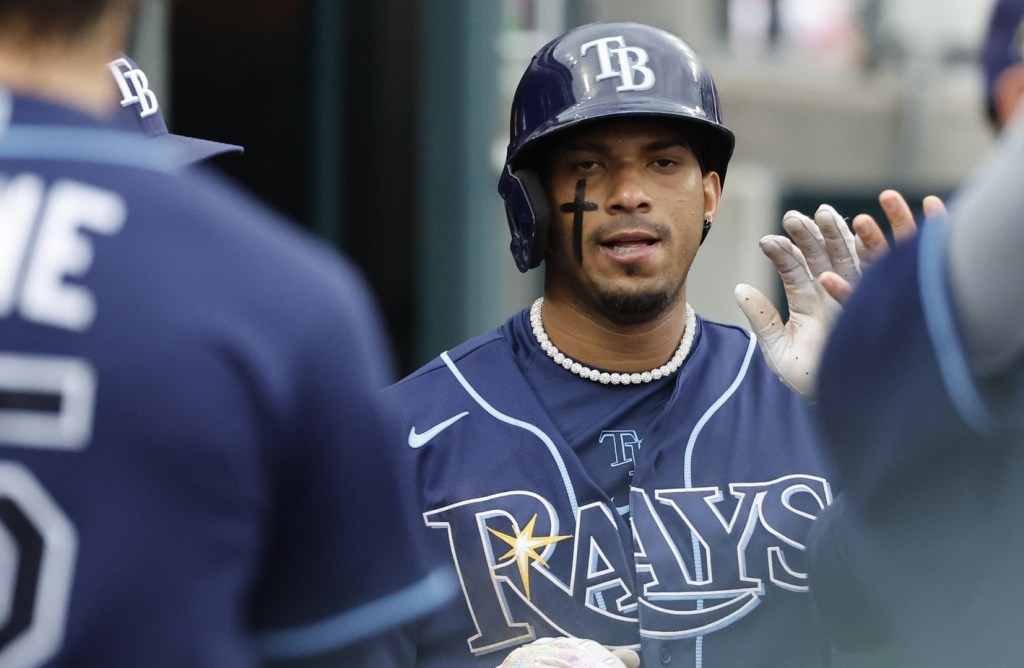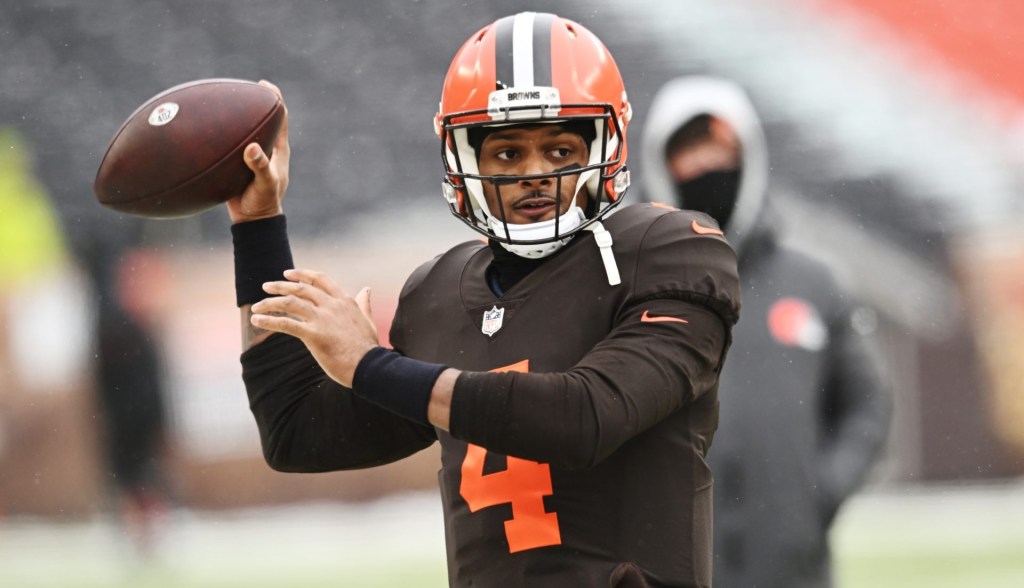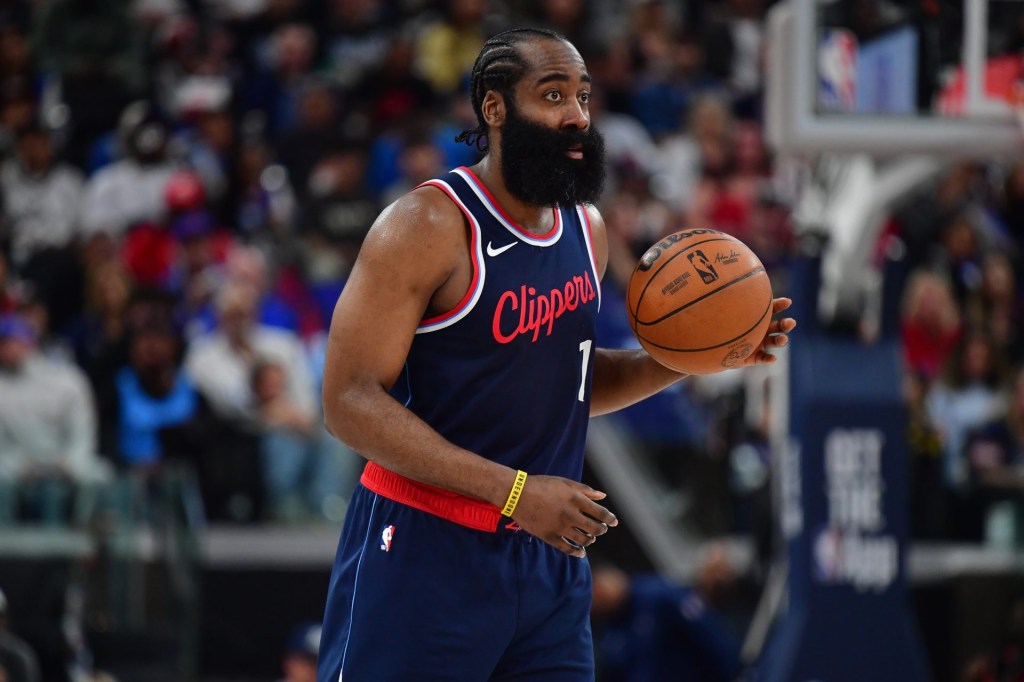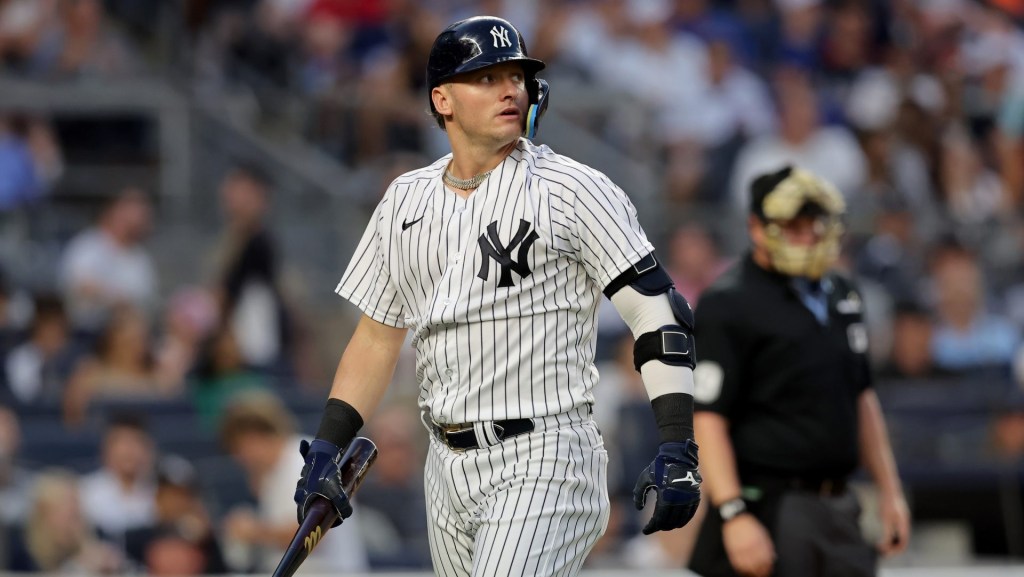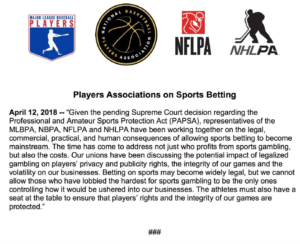
The joint statement released by the NFLPA, NBAPA, NHLPA, and MLBPA.
One of the hottest topics in sports business rests in the hands of the nine Supreme Court justices. As we await a decision in the Christie v. NCAA case, a case that aims to invalidate the 1992 Professional and Amateur Sports Protection (PASPA) Act, which bans states from authorizing or licensing sports betting, we have seen state legislators begin to put legislation in place as well as leagues seeking to acquire “integrity fees” as part of this legislation.
The group that we hadn’t heard from, until yesterday, was the athletes themselves. In a joint statement, the Players Associations for MLB, NFL, NBA, and NHL players addressed their desire to have a “seat at the table” in crafting any potential legislation.
Daniel Wallach, a gaming and sports attorney, is one of the best resources of legal information for sports business professionals. Wallach has been covering this case closely and continues to provide insight as the case proceeds.
“No stakeholder is potentially impacted more by sports betting legalization than the athletes themselves. It’s their performances and actions on the field or court that will have the greatest impact on the outcome of the wagers involved,” Wallach stated. “Athletes and their bargaining representatives need to be at the table, where they can play a role in helping shape future legislation. Absent their direct participation, none of the other stakeholders are going to be looking out for the players’ interests.”
We have seen over the course of the last few months the leagues desire to have a place in the legislative process. NBA Commissioner Adam Silver has been the most outspoken in favor of legalizing sports gambling, but he also wants to make sure the NBA is getting their cut.
“Leagues and casinos are engaging in a battle over how to divide the economic upside of legalized sports betting, but without athletes, there wouldn’t be anything to bet on,” Wallach offered. “There are many critical issues—from revenue sharing to rights of publicity to procedural fairness—that are simply not being addressed in the pending state legislation.”
If the Supreme Court decides in favor of overturning the PASPA Act, the sports betting industry will rapidly evolve. The traditional game outcome wager could quickly give way to proposition (prop) bets.
“Betting on individual player performances is going to be an increasingly important part of the sports gambling landscape,” Wallach believes. “As more and more wagers move from traditional outcome-based wagers to in-game wagers with an emphasis on individual player performance, the players need to be aware of state-law rights of publicity which could entitle them to compensation for the use of their names, images and performances in connection with prop bets.” Wallach added that as the case-law further develops in this area, “there may be an opportunity for the player unions to pursue group licensing deals with casinos and sportsbooks.”
A legal sports gambling landscape will be a new horizon for all of the interested parties, and there will be much legislation determining how the industry will move forward. That legislation could lead to more legal cases, especially if all parties aren’t happy with their piece of the pie.
“That issue (group licensing deals with casinos and sportsbooks) is not necessarily foreclosed as a matter of case law, especially since sports betting is a purely commercial venture and not in the nature of traditional speech that might otherwise more strongly protected by the First Amendment,” Wallach explained. “It might be an uphill battle, but this is a fertile an area where the players can potentially benefit by testing the limits of the current case-law.”
On the right-of-publicity front, Wallach observed that one case that bears close watching is Akeem Daniels’ lawsuit against FanDuel and DraftKings, in which a group of former college football players are seeking compensation for the unauthorized use of their names, images, and statistical performances in connection with daily fantasy sports contests. That case, Wallach noted, is currently on appeal in the U.S. Court of Appeals for the Seventh Circuit, and that court recently asked the Indiana Supreme Court to address the issue of the former players’ rights of publicity under Indiana law. If the players were to prevail in this case, and Wallach cautioned that there is still a long way to go (including the court still having to assess the First Amendment implications), he believes that, “it could potentially open the door to players demanding compensation from sports betting operators for the use of the names, images, and performances.”
But this is just one of many issues that are of concern to the players. Wallach believes that the players and their unions, “need to be engaged in this conversation just like the gambling industry and sports teams are. The players will be profoundly affected by this new legal environment, and they should have a role in shaping the contours of any legislation in the area of sports gambling.”
It isn’t often that we see the major Players Associations coming together, but the alignment of their interests and their potential impact as a cohesive unit in developing legislation is a key reason we are seeing them join together.
“Just as the leagues are speaking through one or two representatives at these legislative hearings, the Players Associations joining hands give them the opportunity to speak through in a unified and cohesive voice,” Wallach states. “I think it would resonate with state lawmakers for someone as influential and respected as Donald Fehr (NHLPA) or Michelle Roberts (NBAPA) to speak on the players’ behalf at a public hearing. They are among the most influential voices in American sports. Their voices being heard on Capitol Hill or in state capitols will have a resonance that would go well beyond any other voices that are currently being heard in the debate. They could be powerful—and effective—advocates for their player constituents’ positions.”
One thing that is clear, players’ voices need to be heard. Yesterday, we saw what that might look like should the court rule to invalidate the PASPA Act.
